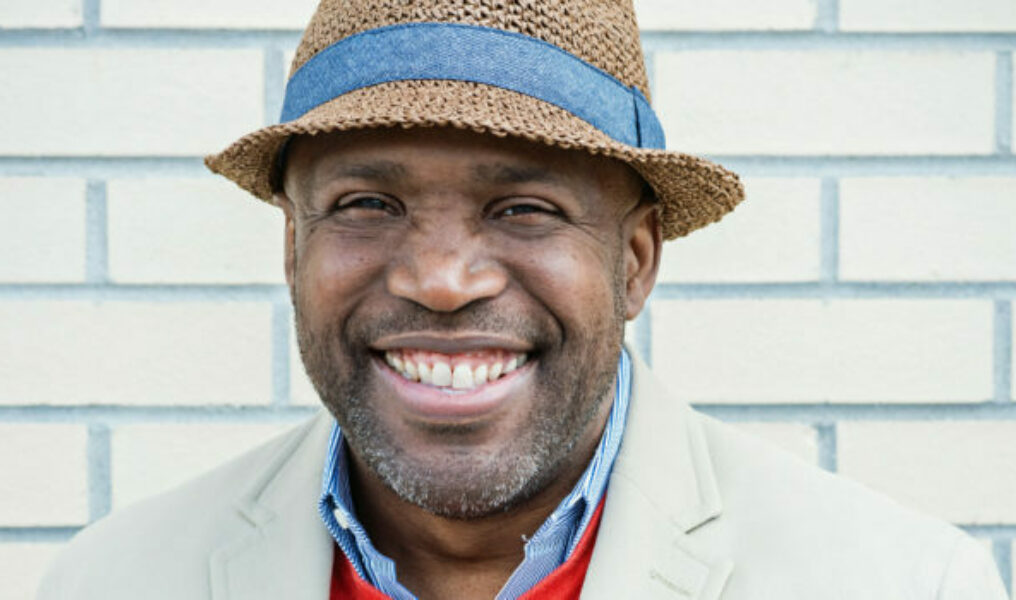LGBT Detroit is hitting the road for a five-city tour for black gay men to educate them about Michigan HIV law reforms. Community forums are scheduled to take place Sept. 11 through 15 in Flint, Grand Rapids, Kalamazoo, Lansing and Ypsilanti. The tour, titled Sex, Hooking UP and the Apps, is intended to educate Michigan's black LGBTQ communities in key urban centers about the new state HIV criminalization law reforms.
The first community forum took place in Detroit in May in conjunction with Adodi Detroit, Onyx Great Lakes and the Black Bear Brotherhood. The event began as an interactive and informative community exchange on the dramatic changes that have occurred for black gay men of the last several years. These range from the advent of PrEP to marriage equality. There have also been a number of significant changes in the medical community's understanding of HIV transmission and prevention that informed the state's HIV criminalization reforms. The reforms were advocated for by the Michigan Coalition for HIV Health and Safety and successfully proposed by State Rep. Jon Hoadley to bring the law more in line with the latest in HIV scientific findings.
"It was long past time for the state law to reflect the science and the reality of how people engage in relationships and intimacy with one another," said LGBT Executive Director Curtis Lipscomb. "For too long people living with HIV have been criminalized for their acquisition of a disease that doesn't discriminate and for daring to engage in normal sexual relationships with others, even when no HIV has been transmitted and even when the accused has disclosed his status and/or used protection. The law has also been abused as a retaliatory tool in serodiscordant relationships leaving those with HIV highly vulnerable unsubstantiated charges."
The goal of the community forums is not just to highlight policy reforms, but to also talk about how the changes in LGBTQ rights, HIV law, policy and culture have specifically impacted black gay male identity, intimacy and relationships. That goes for both those old enough to remember when being gay was considered a mental illness and to those younger men who've grown up with unprecedented access to positive gay images, rights and cultural acceptance.
"A lot has happened to black gay men that impacted how they relate to one another, a great deal of it informed by the ravages of HIV on our community and by policies that once made the intimacies between men illegal and socially unacceptable, whether positive or not," said Jerron Totten, LGBT Detroit's social outreach coordinator. "No one has really explored what strain or impact these laws and policies, both regressive and progressive, have put on black gay men's idea of themselves, the way they have sex or don't and on the way they trust. … We hope these candid discussions with our community begin to correct that."
The Sex, Hooking Up, and the Apps tour is specifically focused on black gay and bisexual men in Michigan because they have the highest HIV rates both statewide and nationally. They are also among those most likely to be charged under these laws. Well supported by both the gay and straight community, HIV criminalization laws were originally enacted decades ago in over 20 U.S. states at the height of the AIDS pandemic under the belief that such laws would curb the spread of HIV and penalize those knowingly transmitting HIV to others. However well-intentioned at the time, advocates have argued enforcement of these laws have been racialized and discourages HIV testing since these laws only apply to those who know their HIV status. These laws also largely ignore irrefutable science proving HIV cannot be transmitted by those treatments that make those infected "virally undetectable" even when condoms are not used.
In most states with these laws, HIV is the only communicable disease for which one can be incarcerated as a felon for transmitting a disease. Signed into law by Gov. Whitmer, Hoadley's reforms account for the science by reducing the culpability of those who do engage in protective measures by being virally suppressed, use condoms and/or had no demonstrable intentions of exposing others to HIV.
"The new reforms aren't perfect, but they are a start in significantly reducing the stigma associated with having HIV and begins to factor into the equation both the science and the real world sexual and relationship experiences of people living with the virus," Lipscomb said. "The benefits here are real."
LGBT Detroit to Go on Tour: Educating Michigan on New HIV Laws










